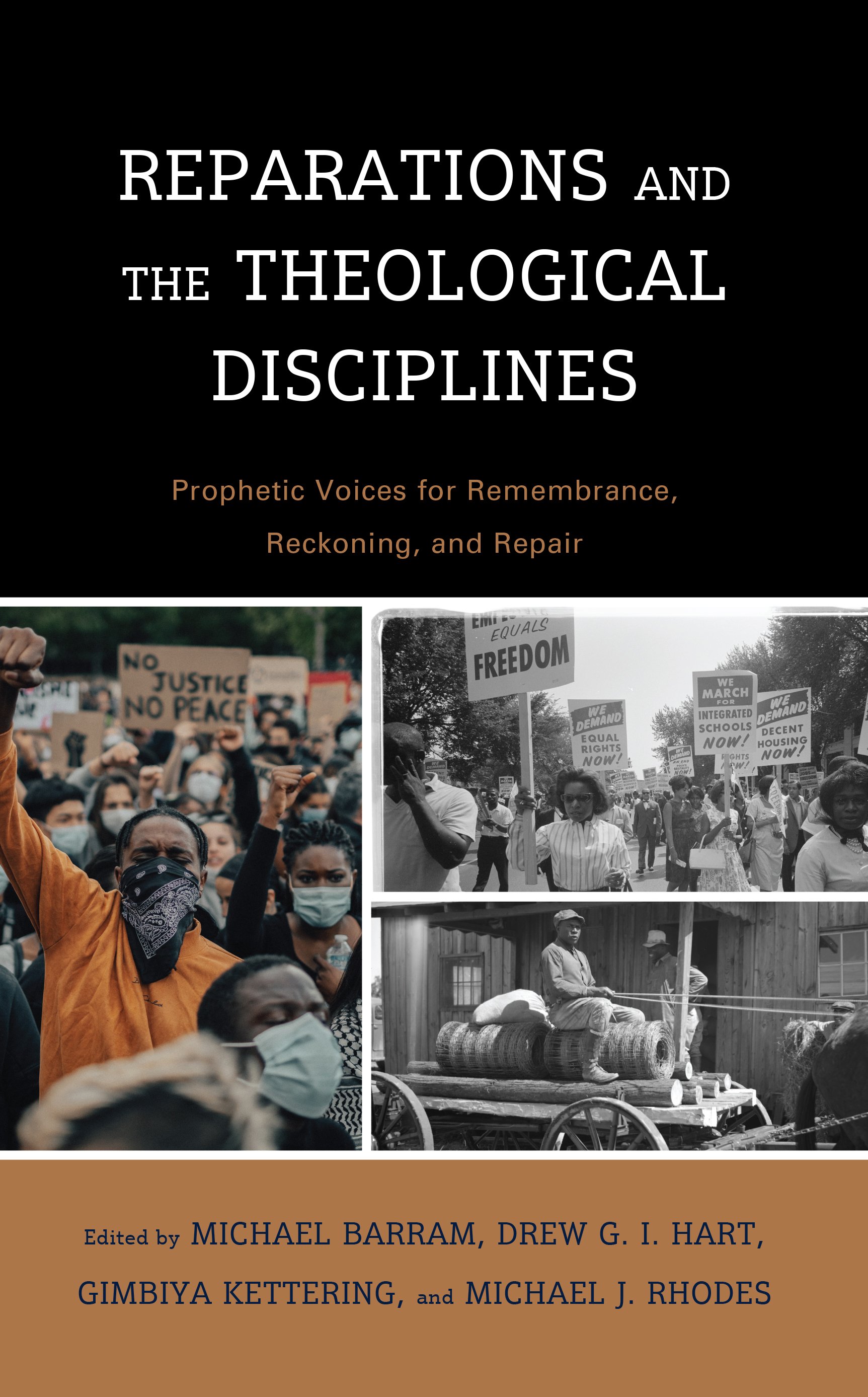
If the bible talks about reparations
How come we don’t?
Historically, many churches and theologians defended and supported race-based slavery and subsequent forms of racial hierarchy and violence. The essays in Reparations and the Theological Disciplines argue that it is urgent that the theological disciplines engage the issue of reparations by revisiting Scripture and our theological traditions. The time is now for remembrance, reckoning, and repair.
CONTRIBUTORS: Michael Barram, Stacy Davis, Curtiss Paul DeYoung, Malcolm Foley, Michael J. Gorman, Renee K. Harrison, Drew G. I. Hart, Jim Bear Jacobs, Gimbiya Kettering, Duke L. Kwon, Mark Labberton, Christina McRorie, Mako A. Nagasawa, Pamela R. Ngunjiri, Angela N. Parker, Michael J. Rhodes, Rodney S. Sadler Jr., Matthew Schlimm, Joseph Downing Thompson Jr., Ekemini Uwan
I am excited to Introduce you to the amazing people who i worked with.
The Rest of the Editorial TEam
-

Michael Barram
Saint Mary’s College of California
Missional Economics: Biblical Justice and Christian Formation“Many American Christians, formed more by libertarian than biblical reasoning, “believe that even legal forms of redistribution are fundamentally unjust, especially to those who have wealth.” By contrast, “the Jubilee law . . . unequivocally advocates wealth redistribution as a matter of justice” for the impoverished.”
-

Drew G.I. Hart
Messiah University
Who Will Be a Witness: Igniting Activism for God’s Justice, Love and Deliverance.“What I am highlighting at this moment is the impulse to prioritize, value, and identify with white people even when a more truthful story has begun to be understood. Narrative made new conversations possible, and yet, racial belonging can still restrict a person’s ethical responsibility to love and seek healing for those who have been harmed.”
-

Michael Rhodes
Carey Baptist College
Just Discipleship: Biblical Justice in an Unjust World“The Torah’s unpacking of the eighth commandment increases the range of culpability. If our moral imaginations are shaped by the Torah’s logic, white Christians like me will be much quicker to acknowledge that our white ancestors, and indeed we ourselves, bear responsibility for the injustices against Black people.”
